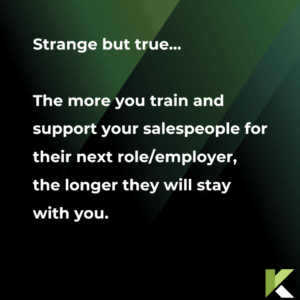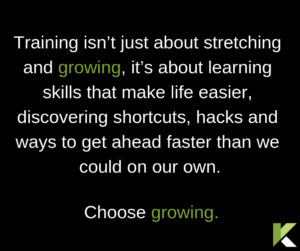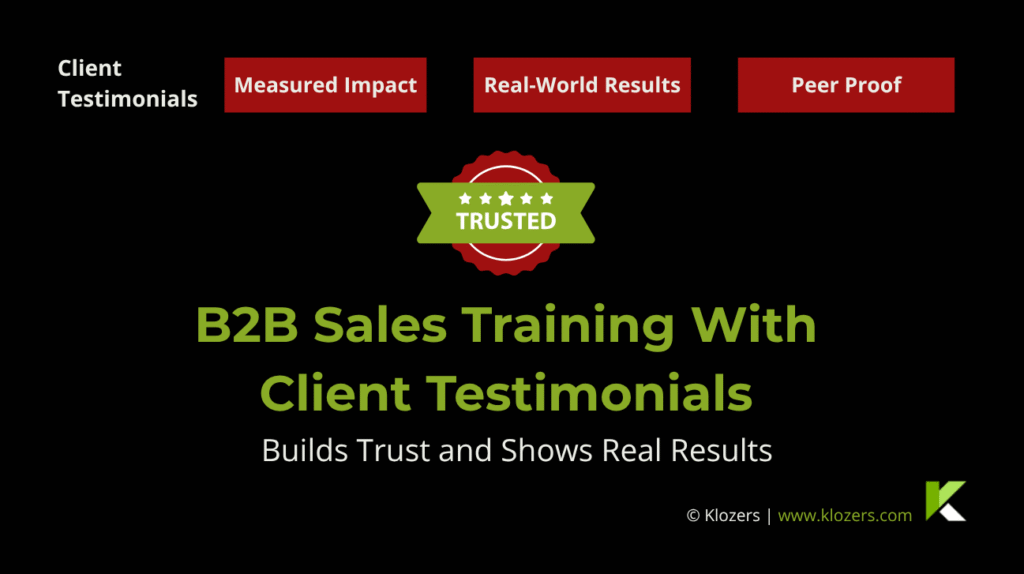B2B Sales Training with Client Testimonials - Top Question FRom Google
Why Do Client Testimonials Matter in B2B Sales Training?
In B2B sales training, companies are not just paying for content; they are paying for real results. Decision-makers want to see real progress, like keeping the pipeline on track, and building teams that can handle tough deals with confidence. However, when every training provider sounds the same and makes similar promises, it is hard to know which one will make a difference.
That’s where client testimonials come in. When a sales leader shares how a program helped their team hit targets faster or close bigger deals, it builds trust. A strong testimonial should show a clear, measurable impact. When companies are deciding between providers, hearing from others who have seen results adds the clarity and confidence they need to take the next step.
Free access to our best tools and templates
Introduction: B2B Sales Training With Client Testimonials
In B2B sales training, you want to know what changed once the training ended and sales representatives went back to the field. When a sales leader shares that their team started handling objections more confidently or closed deals with fewer discounts, that is valuable. It shows real behavior change and measurable impact. If you are investing in B2B sales training, especially when it is company-wide, you should have that kind of understanding. It helps you make a confident, informed decision.
Testimonials also give your team something to connect with. It is not just “this program delivers results,” it’s “this worked for someone just like me.” That shift makes the message relatable and far more convincing.

What Makes a Testimonial Truly Valuable
Not all testimonials carry real weight. While positive comments can sound nice, they often fall short when they lack detail or context. For a testimonial to be genuinely helpful, especially for decision-makers, it should clearly show what changed as a result of the experience.
A strong testimonial describes the situation before the training, highlights the shifts in behavior or mindset, and shares the measurable results that followed. It moves beyond vague praise and instead offers a clear story of progress. This kind of feedback builds trust because it connects the dots between the problem, the solution, and the result, something future buyers can relate to and rely on when making their decision.
How Testimonials Support the Buying Process Internally
Choosing to invest in B2B sales training is not usually a one-person call. As a sales leader, you may need to justify the cost, show the potential return, and get approval from teams like finance, operations, or human resources. So, a strong testimonial can make your case feel more real and relatable.
Good testimonials give you practical support for internal conversations. They offer proof that the training has worked elsewhere, set benchmarks you can reference, and even provide language you can borrow when talking to decision-makers. If another company with a similar sales model has improved ramp time or boosted deal consistency, it gives your team a solid reason to expect similar results.
They also help reduce perceived risks about the B2B sales training program. When these decision makers hear from companies like theirs that have seen real success with the same program, the investment feels safer, and you have a stronger, more convincing case for moving forward.

How to Spot Weak or Misleading Testimonials
Some client testimonials, unfortunately, are more polished than practical. Here’s what you should keep an eye out for:
1. Too polished or vague
If a testimonial sounds too much like an Ad and uses words like “Absolutely life-changing!” or “A total game changer!” for example, but doesn’t say why, you should pause. Real feedback usually includes real details. It should sound like something an actual person said, not a script.
2. No clear results
A good testimonial should tell you what changed, whether that is better team communication, faster deal cycles, or improved confidence. If it only praises the trainer or the delivery without mentioning results, it is hard to know what value was delivered.
3. Testimonials That Do Not Reflect Your Industry
If all the testimonials come from similar companies like tech startups, and you offer, for example, logistics support in manufacturing, they might not reflect your world. You should see yourself or your team in the feedback. Otherwise, it will be hard to know if the same approach will work for you.
4. Missing context or timeline
Impact without a timeline can be misleading. You should know whether results showed up quickly or after months of effort, or it will be hard to judge what’s realistic.
5. No mention of challenges
The most useful testimonials are honest about what was not working before. If every quote makes it sound like everything went smoothly and perfectly, there’s probably more to the story. Real progress usually comes with a few bumps along the way, and hearing about those makes the success more believable.
The benefits of an AI sales consultant become clear when you see how AI tools improve sales outcomes by handling the routine, repetitive tasks. A report found that companies that use AI tools record up to 50% revenue growth compared to their peers. AI sales consulting will continue to grow as businesses seek to optimize this human-AI collaboration.
Where to Find Strong Client Testimonials
1. Results or Case Study Pages
Look for sections labeled “Client Success,” “Case Studies,” or “Outcomes” on their website.
2. LinkedIn Posts or Video Testimonials
Many clients share their honest experiences in public posts or short videos.
3. Webinars Featuring Real Clients
Some providers invite past participants, like sales reps or managers, to speak during live sessions.
4. Direct Referrals
If you are seriously considering a B2B sales training program, ask to speak directly with a past client. A solid provider should be happy to connect you with someone who can answer your questions and share what it was really like.
ACTIONABLE TIP
Actionable Tip: Choose Testimonials That Show the Before and After
Avoid using vague praise like “great training” in your sales materials. Instead, select client testimonials that clearly describe what changed e.g., “Our reps went from discounting heavily to confidently defending value” or “Pipeline reviews are now structured and focused.” Look for specifics: what the challenge was, what improved, and how long it took. This level of detail builds trust and gives potential buyers something real to connect with.
Final Thoughts
In B2B sales training, client testimonials give you a real sense of what happens once the training is over. They show how teams put the content into practice, made changes in how they sell, and saw clear improvements in their results.
When that feedback speaks to your sales approach, your pain points, and the outcomes you care about, it becomes something you can use to guide your decision. The most valuable testimonials are honest, specific, and tied to real impact. If they highlight practical shifts, it is a strong sign that the training you are looking at works. It will help drive the kind of change you can measure.




